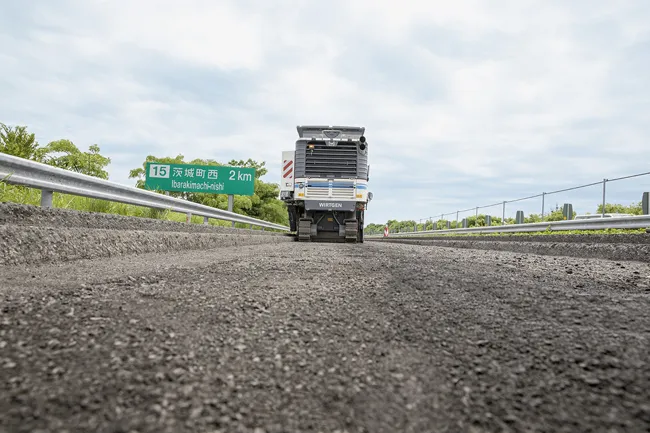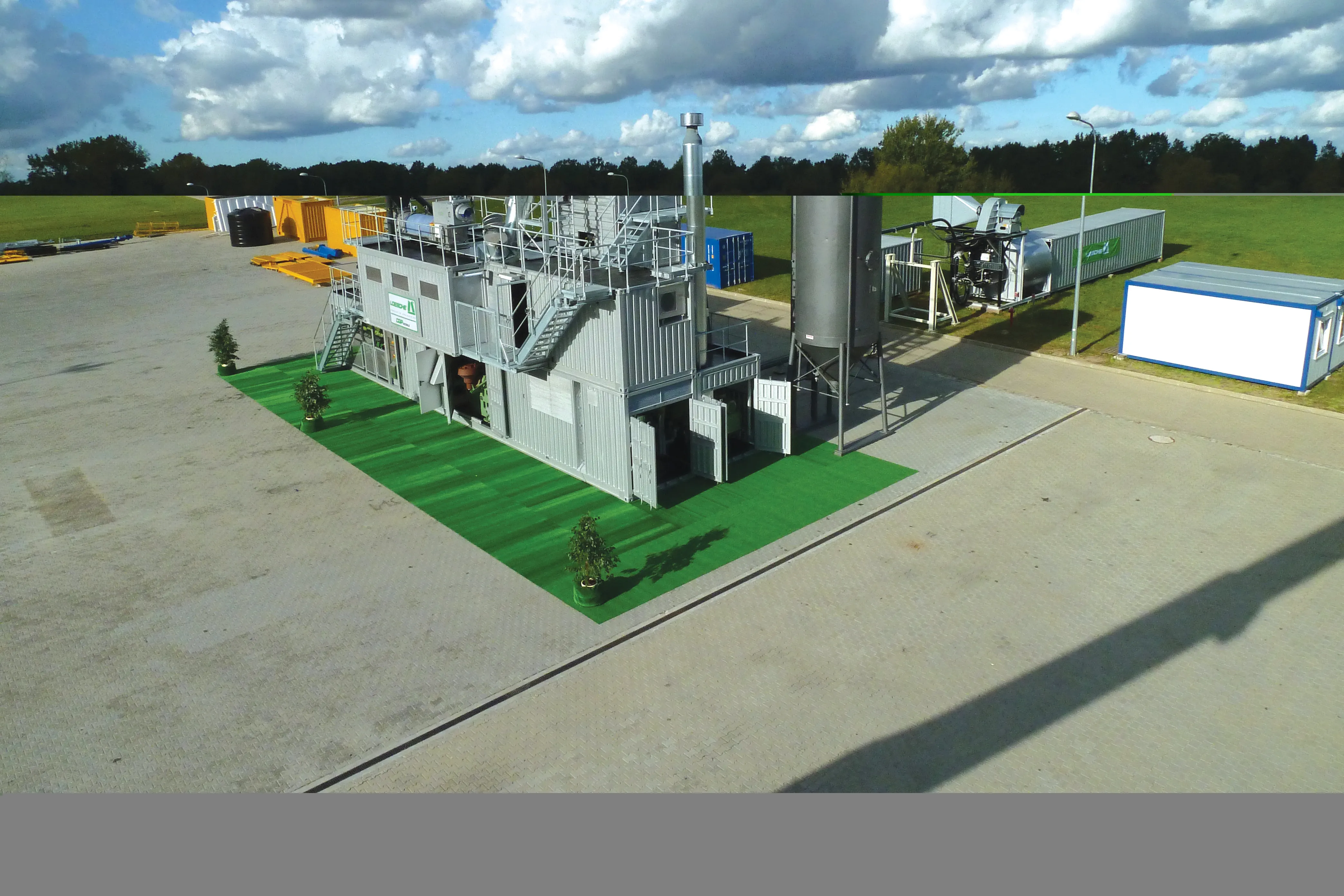A series of balancing ponds are being used to create a sustainable drainage solution on the Highways Agency’s £375m 28km dual carriageway extension of the A46 in Nottinghamshire. Fearing that a doubling of the surface area of the Newark to Widmerpool trunk road would create excessive high surface water runoff, principal contractor Balfour Beatty and their consultant engineers, URS Scott Wilson, designed 12 balancing ponds, with the outfall
from each controlled by Hydro International’s Hydro-Brake Flow Cont
April 25, 2012
Read time: 2 mins

A series of balancing ponds are being used to create a sustainable drainage solution on the 2309 Highways Agency’s £375m 28km dual carriageway extension of the A46 in Nottinghamshire.
Fearing that a doubling of the surface area of the Newark to Widmerpool trunk road would create excessive high surface water runoff, principal contractor1146 Balfour Beatty and their consultant engineers, URS Scott Wilson, designed 12 balancing ponds, with the outfall from each controlled by 1402 HYDRO International’s Hydro-Brake Flow Control devices.
2759 Environment Agency guidelines require flow restrictions to be held at the predevelopment rate for greenfield runoff, to channel water volumes into local watercourses and control water quality. The A46 also lies adjacent to several environmentally, agriculturally and historically sensitive locations as well as within the flood plains of the Rivers Trent and Devon.
Designed with a permanently wet sump area, the balancing ponds also feature vegetated dry sections to ensure maximum entrapment of debris and silt at most stages of inflow. The outflow of each pond is fitted with a Hydro-Brake Flow Control or chamber, depending on maximum design flow required, from 27.5 to 66 litres/sec.
Work on the A46 upgrade scheme began in 2009, and is due to be completed in summer 2012. It is expected to improve traffic flow and
safety, while by-passing several villages.
Fearing that a doubling of the surface area of the Newark to Widmerpool trunk road would create excessive high surface water runoff, principal contractor
Designed with a permanently wet sump area, the balancing ponds also feature vegetated dry sections to ensure maximum entrapment of debris and silt at most stages of inflow. The outflow of each pond is fitted with a Hydro-Brake Flow Control or chamber, depending on maximum design flow required, from 27.5 to 66 litres/sec.
Work on the A46 upgrade scheme began in 2009, and is due to be completed in summer 2012. It is expected to improve traffic flow and
safety, while by-passing several villages.








